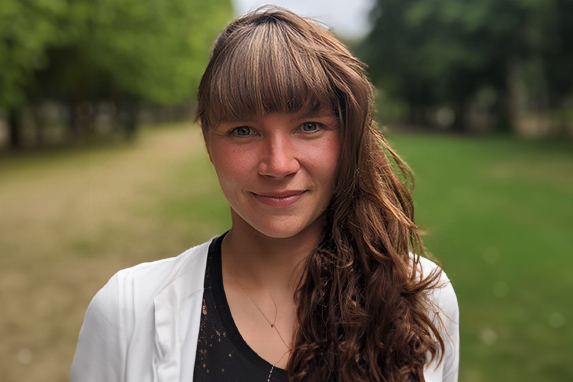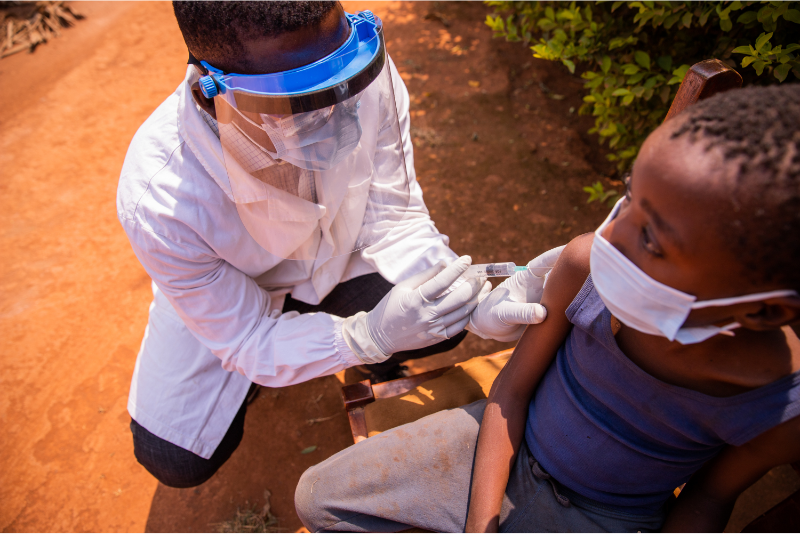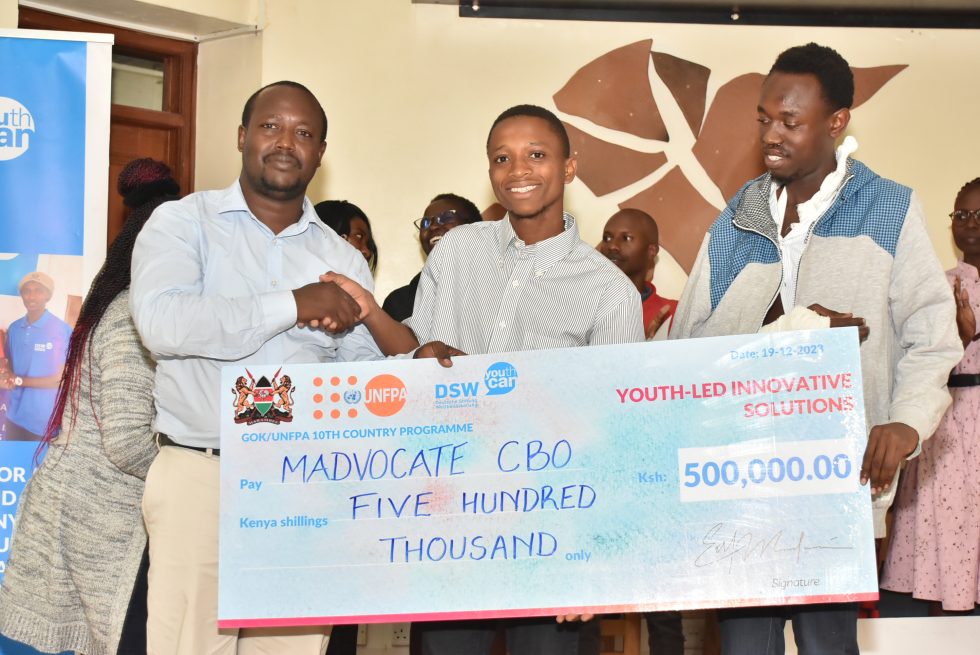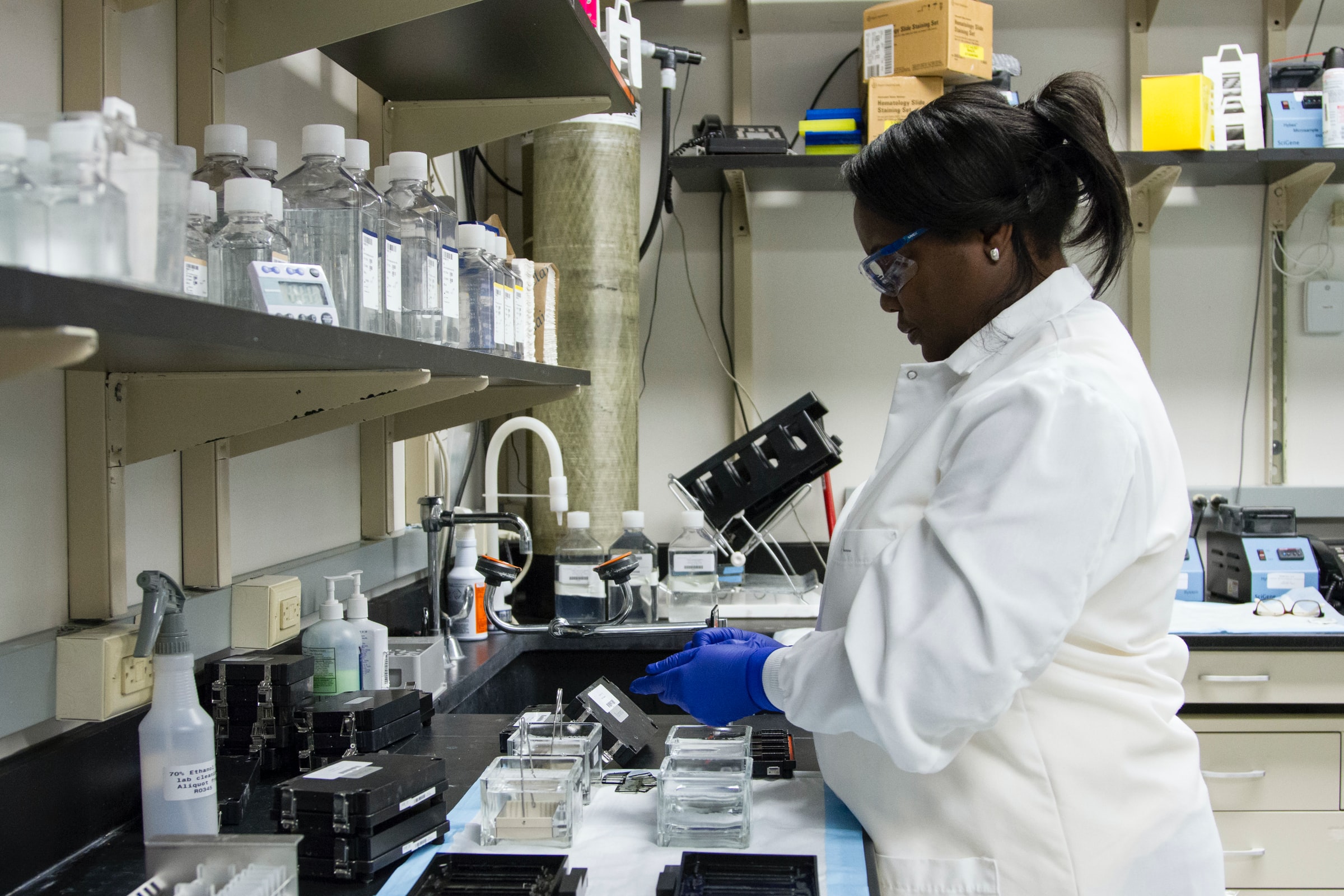

Celebrating women’s contributions to science and global health
From COVID-19 to climate change, tackling some of the world’s most pressing issues relies on harnessing the potential of everyone, regardless of gender. Continued under-representation and perpetuated stereotypes have long plagued women’s contributions to science and today, only 33 percent of researchers worldwide are women. The COVID-19 pandemic is widening these existing gender disparities and will continue to do so unless we act now to change this narrative.
Making sure that women and girls have full and equitable access to and participation in science not only expands the pool of talented researchers, but brings in fresh perspectives, talent, and creativity. On International Day of Women and Girls in Science (11 February), we’re celebrating the achievements of female researchers and scientists from around the globe.
Join us in recognising women’s contributions to science and health starting with learning about three remarkable women who have broken boundaries and made important discoveries that have changed and saved countless lives.
Tu Youyou
After contracting tuberculosis at sixteen, Tu Youyou knew that she wanted to study medicine and find cures for diseases like the one that had afflicted her. she studied pharmacology at university and was assigned to work at the Academy of Traditional Chinese Medicine after graduating. Tu is credited with finding artemisinin – a compound that has saved millions of lives from malaria – extracting it from sweet wormwood, referenced as a treatment for ‘intermittent fevers’, a symptom of malaria in traditional Chinese medical texts. Tu is the first mainland Chinese scientist to have received in 2015 a Nobel Prize in a scientific category, and she did so without a doctorate, a medical degree, or training abroad.
Kathrin Jansen
When the COVID-19 pandemic hit, vaccines based on messenger RNA were an unproven technology. Head of vaccine research and development at Pfizer, Kathrin Jansen led the effort to show that their vaccine candidate was effective and safe – now one of the vaccines administered in the biggest vaccination campaign in history. This isn’t the first time that Jansen has driven efforts to tackle tricky viruses, initiating a project to tackle human papillomavirus (HPV) — a sexually transmitted infection that causes cervical cancer – an effort that ultimately yielded the world’s first HPV vaccine, which is expected to save millions of lives through cancer prevention.
Josephine Ndeze Uwase
A young, award-winning entrepreneur from the Democratic Republic of Congo (DRC), Josephine Ndeze Uwase has designed a mobile platform to monitor expectant mothers’ health during pregnancy. The platform, which is connected to a smart bracelet checks the wearer’s vital signals, monitoring progress, symptoms, and signaling an emergency provider in real-time if needed. Uwase’s vision is to contribute to bringing down maternal deaths in rural DRC. Winning Miss Geek Africa 2019, and recently selected as one of the Next Einstein Forum Ambassadors, Uwase aims to be a role model for young African girls interested in science and technology.
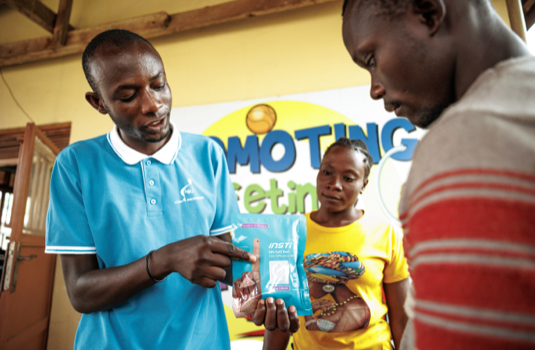
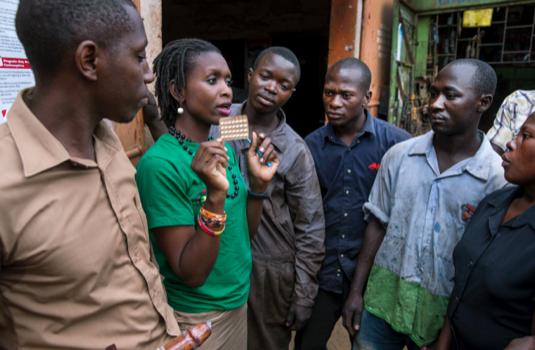
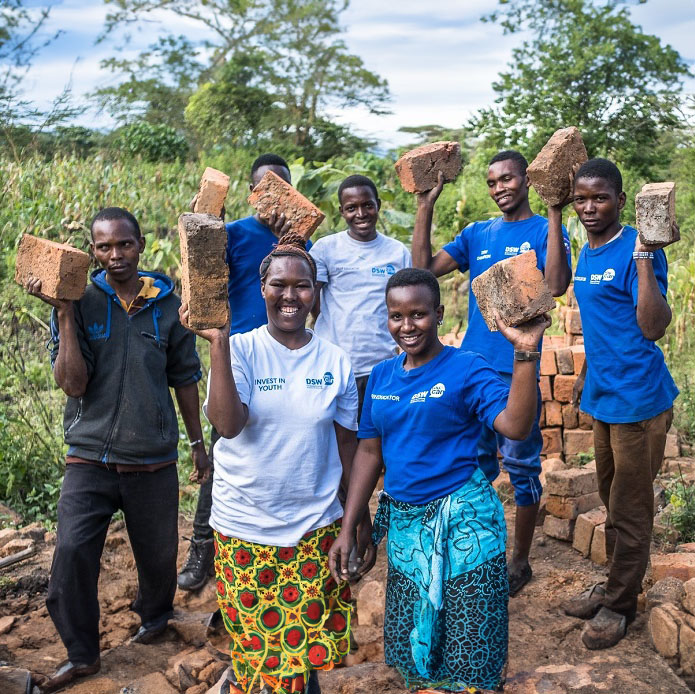
Highlighting gender disparities
As well as promoting the work of women leading research efforts, elevating the voices of the women and girls set to benefit is vitally important. Research and innovation were seen for a long time as a solely scientific process, with limited engagement with those that would benefit from the work. This could mean that a new health product is effective but not always suitable for the individual user. Women continue to be disproportionately underrepresented in clinical trials for example. This creates a knowledge gap and sometimes makes medicines ‘blind’ and not perfectly suitable for women’s bodies. Promoting the safe inclusion of women in clinical studies and the empowerment of women in science are just some shifts that are needed to drive forward a more inclusive and equal research and innovation agenda. Sign up to our GH R&D newsletter (via the box on the right-hand side) to be kept updated on our work in this area.
Our celebration of women scientists, researchers, and innovators does not end here. DSW, together with PATH and GHTC, and other partners will be sharing more stories of remarkable women in the field of global health and raising awareness of their work advancing health equity around the world around International Women’s Day.
Join us for this important discussion using #WomenInScience.
Photo: National Cancer Institute
